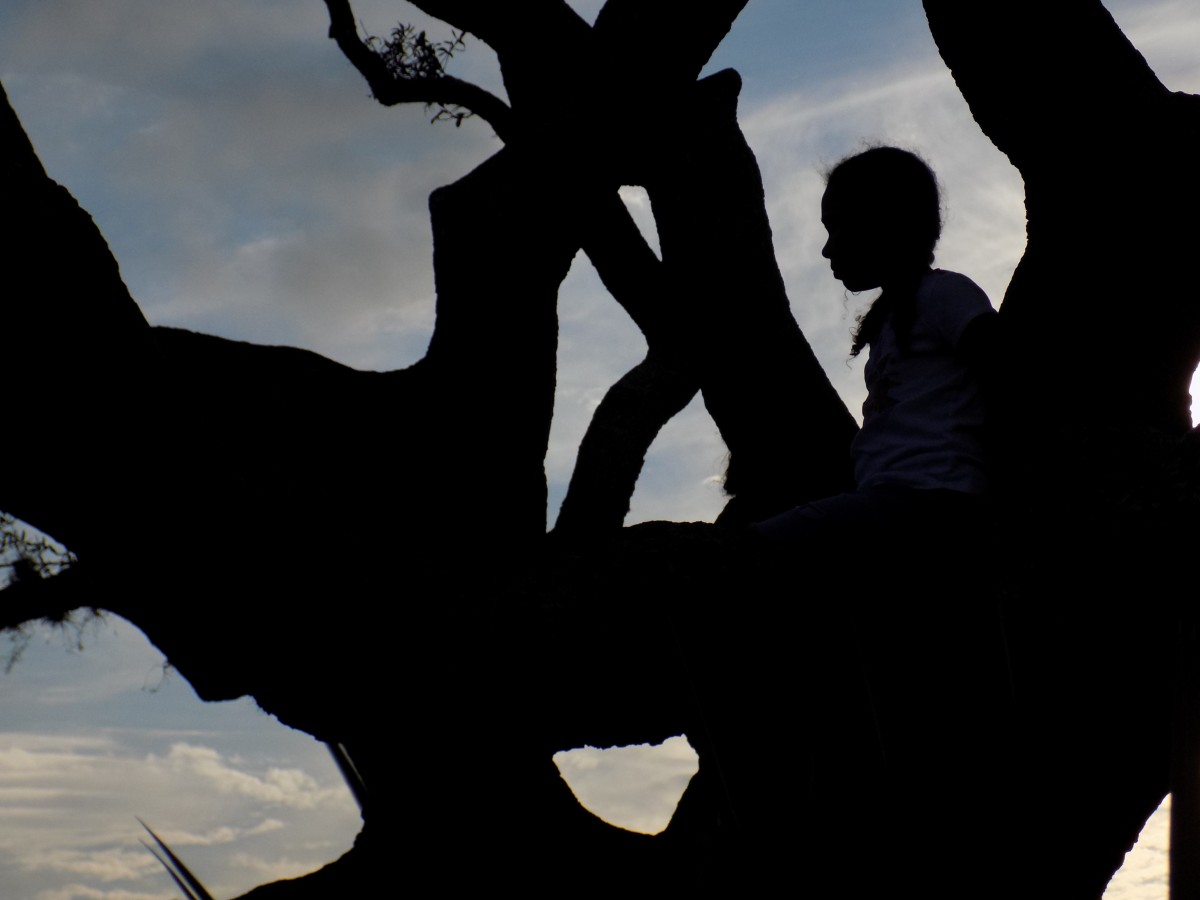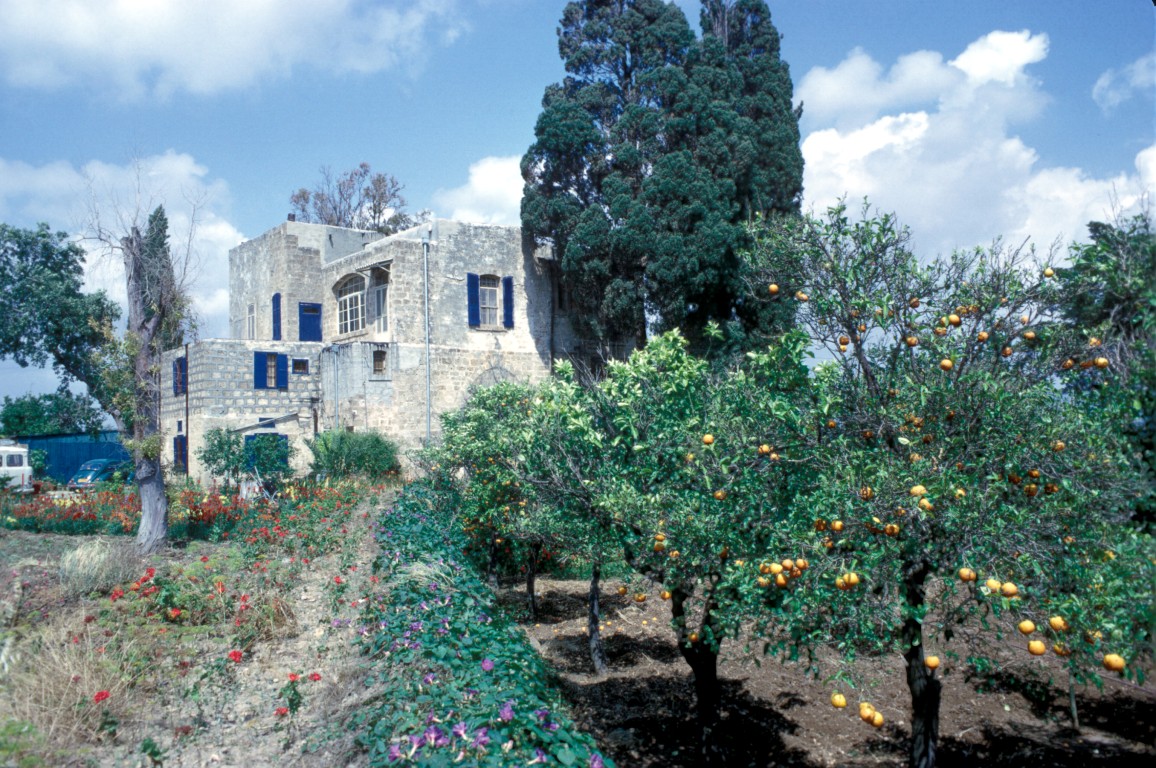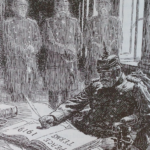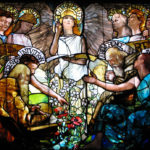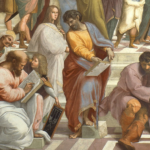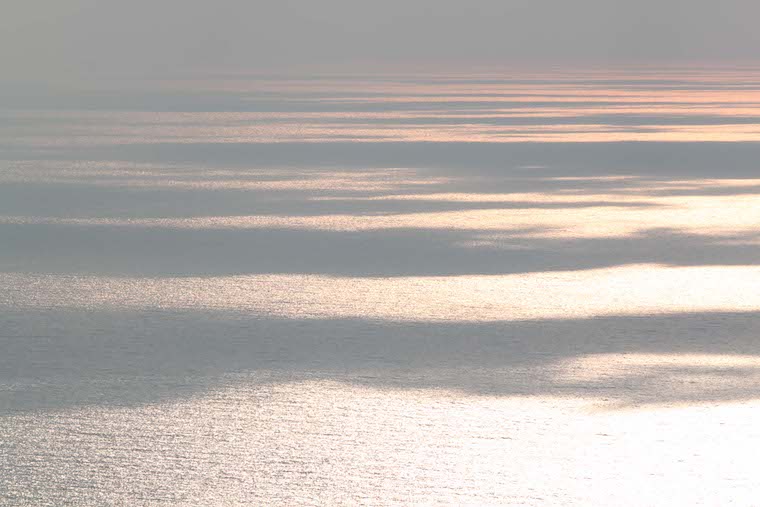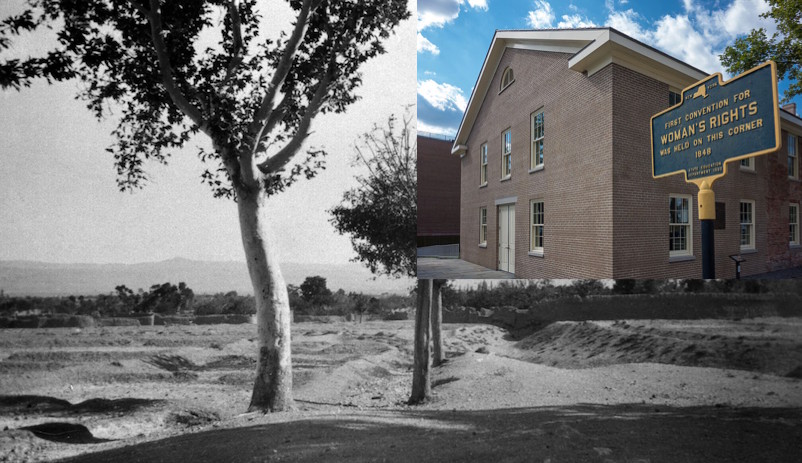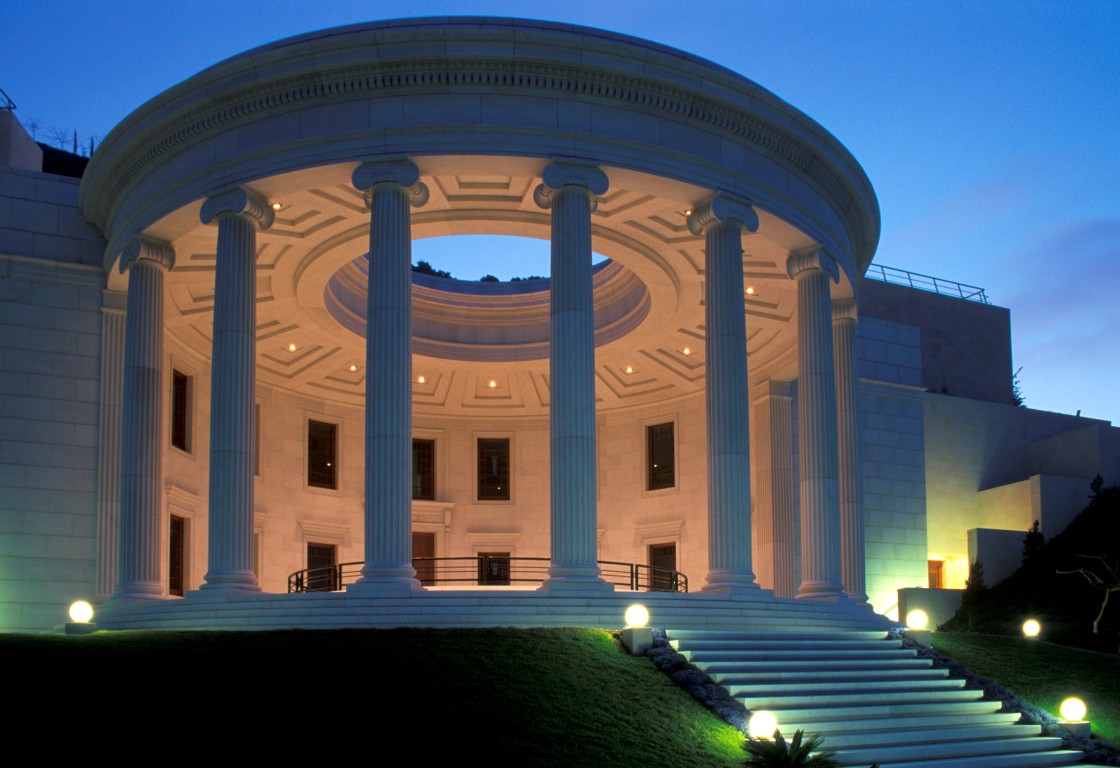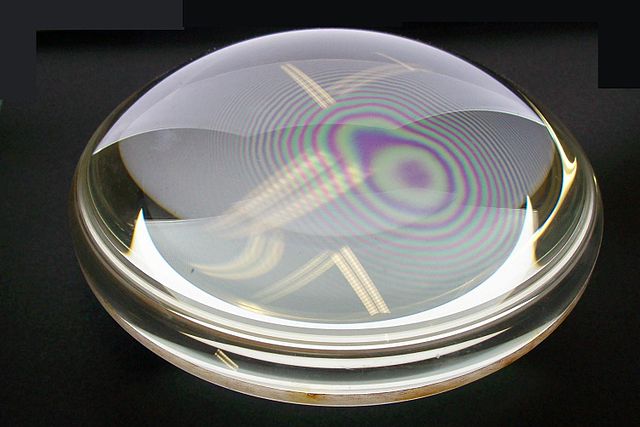
The Prophet and the Philosophers
 Bahá’u’lláh does an unusual (perhaps unique) thing for a prophet – he writes about philosophers and philosophy. There may be a precedent somewhere in human history, but if so, I haven’t yet been able to discover it.
Bahá’u’lláh does an unusual (perhaps unique) thing for a prophet – he writes about philosophers and philosophy. There may be a precedent somewhere in human history, but if so, I haven’t yet been able to discover it.
In fairness though, this has not prevented the flourishing of philosophy and science in the past. For example, despite parochial assumptions sometimes entertained in western thought that science and philosophy entered a “dark age” after the fall of the western Roman Empire, in fact, science and philosophy flourished for over a millennium in the Islamic world, before influencing the renaissance of Europe. And this is to say nothing of the rest of the planet. Even in Europe itself, the Middle Ages weren’t so dark as 16th century historiography has left us believing. An example of this attitude is found in the film “Agora” – a beautiful and haunting historical drama exploring religious fanaticism and its effects — except that it fails to acknowledge (or even apparently realise) the historical realities just stated above.
In any case, Bahá’u’lláh’s discussion of philosophy is notable in the context of the long debates over the relationship between science and religion, which has already been discussed. A notable discussion is contained Baha’u’llah’s work known as the “Tablet of Wisdom“. This work was set out in a letter to a Baha’i we have already met. Aqa Muhammad, later given the name “Nabil-i-Akbar” or Nabil the Great by Bahá’u’lláh. As we saw, before becoming a Baha’i, Aqa Muhammad was a religious scholar inclined to philosophy. He was accused of being a follower of the Bab. A false accusation that in fact led him to become a Baha’i.
In the Tablet of Wisdom, Bahá’u’lláh discusses a number of philosophers by name. For example, philosophers such as Socrates, Plato and Aristotle.
In a following article, we will look at some of the concepts we find in the Tablet of Wisdom. As this article focusses on the relationship between philosophy (or science) and religion we may note that Bahá’u’lláh sets out clearly the respect that his followers are required to show to those engaged in scientific endeavour.
Verily We love those men of knowledge who have brought to light such things as promote the best interests of humanity, and We aided them through the potency of Our behest, for well are We able to achieve Our purpose.[1]
Beware, O My loved ones, lest ye despise the merits of My learned servants whom God hath graciously chosen to be the exponents of His Name ‘the Fashioner’ amidst mankind. Exert your utmost endeavour that ye may develop such crafts and undertakings that everyone, whether young or old, may benefit therefrom.[2]
Baha’u’llah also rejects the false dichotomy that has arisen between science and faith in God.
“Verily, the philosophers have not denied the Ancient of Days [God]. Most of them passed away deploring their failure to fathom His mystery, even as some of them have testified. …[3]
A true philosopher would never deny God nor His evidences, rather would he acknowledge His glory and overpowering majesty which overshadow all created things.[4]
These words bring to mind the words of a scientist such as Isaac Newton, who, although it is less well known, also had a strong spiritual aspect to his life that led him to investigate biblical interpretation and alchemy. Here are Isaac Newton’s words:
I do not know what I may appear to the world, but to myself I seem to have been only like a boy playing on the sea-shore, and diverting myself in now and then finding a smoother pebble or a prettier shell than ordinary, whilst the great ocean of truth lay all undiscovered before me. [Memoirs of the Life, Writings, and Discoveries of Sir Isaac Newton (1855) by Sir David Brewster (Volume II. Ch. 27)]
(This article is the 158th in a series of what I hope will be 200 articles in 200 days for the 200th anniversary of the birth of Bahá’u’lláh. The anniversary is being celebrated around the world on 21 and 22 October 2017, The articles are simply my personal reflections on Bahá’u’lláh’s life and work. Any errors or inadequacies in these articles are solely my responsibility.)
Image Credit: By Ulfbastel – Own work, Public Domain, https://commons.wikimedia.org/w/index.php?curid=7372629
